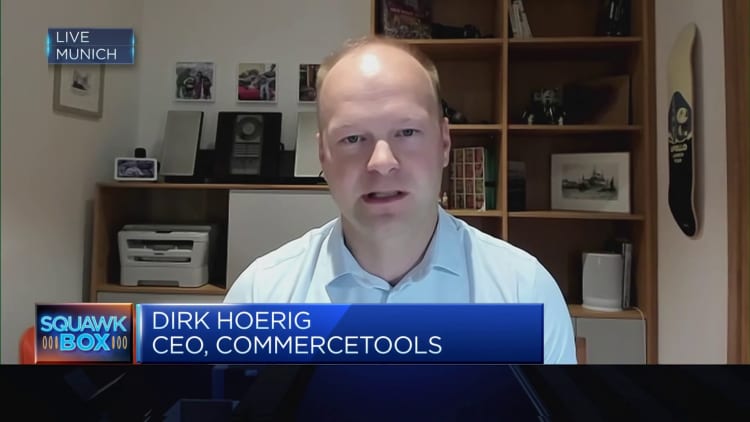Asia-Pacific markets mostly slid on Tuesday as talks between U.S President Joe Biden and House Speaker Kevin McCarthy ended without a deal.
House Speaker Kevin McCarthy said he had a "productive" and "professional" meeting, and said "I think the tone tonight was better than any other night we've had discussions," McCarthy said outside the West Wing following the hourlong meeting.
A private survey released Tuesday showed Japan's factory activity expanded in May for the first time since October 2022, while Singapore's April inflation hit a higher-than-expected 5.7%.
In Japan, the Nikkei 225 closed 0.42% down at 30,957, snapping its seven day winning streak. The Topix ended 0.66% lower at 2,161.49. Both indexes erased earlier gains made in the day.
In Australia, the S&P/ASX 200 gained 0.1% to end at 7,270.8 as the country's composite purchasing managers index saw a softer expansion in May, according to Juno Bank.
South Korea's Kospi climbed 0.41%, finishing at 2,567.55 and the Kosdaq closed Tuesday 0.84% higher at 859.16.
Hong Kong's Hang Seng index reversed earlier gains and to sink 1.27% to 19,428.08, its lowest closing levels since March 21, while mainland Chinese markets also traded lower. The Shanghai Composite closed down 1.52% at 3,246.24 while the Shenzhen Composite ended down 1.03% at 11,012.58.
Overnight in the U.S., the three major indexes ended the session mixed, with the Nasdaq Composite rising 0.5% and finishing at its highest close and highest intraday level since August.
Separately, the S&P 500 gained 0.02% on Monday, but the Dow Jones Industrial Average lost 0.42%.
— CNBC's Samantha Subin and Jesse Pound contributed to this report



